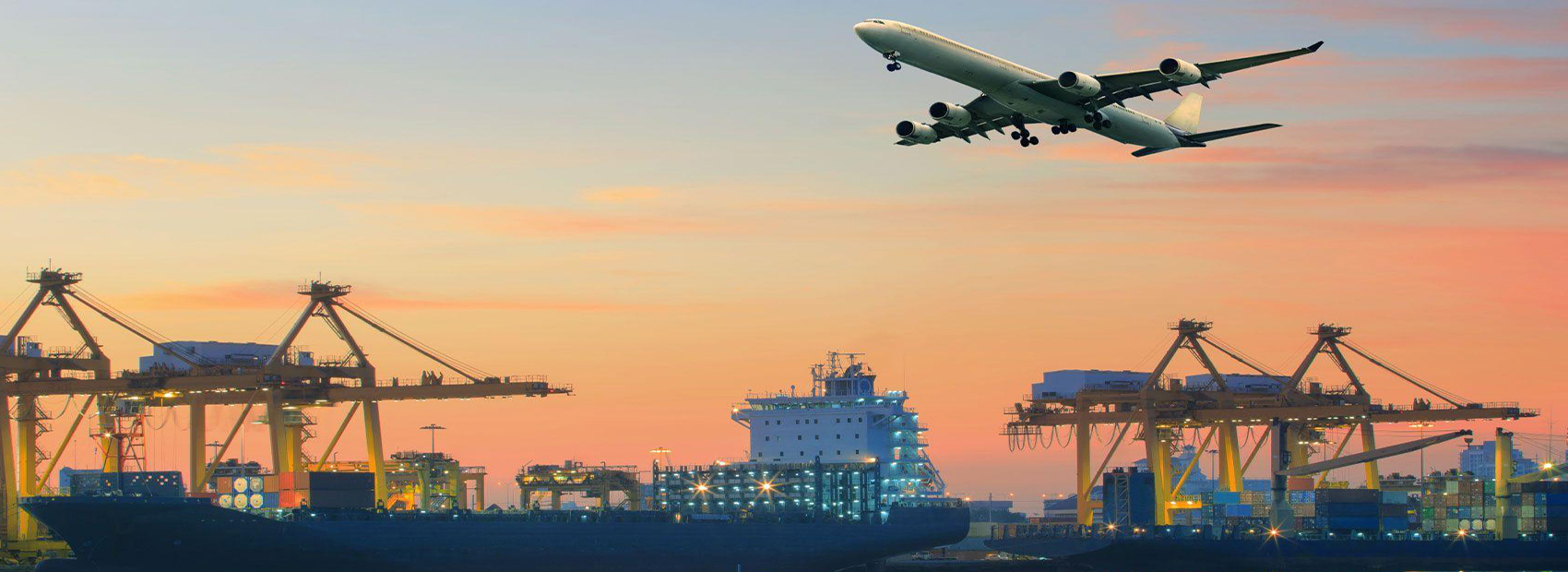Understanding Germany port handling fees is essential for importers and exporters to optimize logistics budgets, avoid unexpected costs, and ensure smooth cargo clearance. Whether shipping to Hamburg, Bremerhaven, or Wilhelmshaven, knowing how to understand Germany port handling fees helps you navigate complex tariff structures, negotiate better rates, and streamline supply chain operations. This guide breaks down the key components and strategies to demystify these fees.
1. Know the Basics of Port Handling Fees
What Are Port Handling Fees?
These fees cover services like loading/unloading, storage, documentation, and terminal operations at German ports. They vary by port, cargo type, and vessel size.
Core Components
- Terminal Handling Charge (THC): €100–€300 per 20-foot container in Hamburg.
- Storage Fees: €15–€50 per day for overdue containers (after free storage days, typically 7–14 days).
- Customs Processing Fee: €50–€200 per shipment for document verification.
2. Key Components of Germany Port Handling Fees
Vessel-Related Charges
- Berthing Fees: €500–€2,000 per day for large container ships in Bremerhaven.
- Tugboat Services: €200–€800 per voyage for assistance with docking/undocking.
Cargo-Specific Fees
- Dangerous Goods Surcharge: +20–30% for hazardous materials (e.g., batteries, chemicals).
- Oversized Cargo Fee: €100–€500 per item for goods exceeding 3 meters in any dimension.
Regulatory and Security Fees
- ISPS Fee (International Ship and Port Facility Security): €10–€50 per container for security compliance.
- Eco-Tax: €5–€20 per container in ports like Hamburg to support environmental initiatives.
3. Compare Fees Across Major German Ports
| Port Name | THC (20ft Container) | Free Storage Days | Customs Fee |
| Hamburg | €220–€280 | 14 days | €80–€150 |
| Bremerhaven | €180–€240 | 10 days | €60–€120 |
| Wilhelmshaven | €150–€200 | 7 days | €50–€100 |
Tip: Hamburg offers longer free storage but higher THC, while Wilhelmshaven is cheaper for small shipments.
4. Factors Influencing Fee Variations
Cargo Volume and Type
- LCL (Less than Container Load) shipments cost €10–€20/CBM more than FCL due to handling complexity.
- Perishable goods require faster processing, incurring +10–15% in urgent handling fees.
Seasonal Demand
- Peak periods (pre-Christmas, summer) lead to 15–25% surcharges for limited terminal capacity.
- Book shipments 4–6 weeks in advance during Q4 to secure lower rates.
5. Strategies to Reduce Port Handling Fees
Optimize Documentation
- Submit accurate commercial invoices and HS codes via Germany’s Zoll Erkennungsnummer portal to avoid €200+ penalty fees for errors.
- Use digital platforms like CargoWise to streamline customs submissions.
Negotiate with Logistics Providers
- Partner with forwarders like China Top Freight, which negotiates bulk discounts (5–10% off THC for 50+ containers/year).
- Consolidate small orders into FCL shipments to eliminate LCL handling surcharges.
6. Handle Overdue Fees Proactively
Monitor Free Storage Windows
- Set alerts for expiry dates: “Reminder: Free storage ends on August 10 for Container DE-2345.”
- Use bonded warehouses near ports (e.g., in Duisburg) for short-term storage at €30–€50/CBM/week.
Appeal Unfair Charges
- If charged for delayed customs clearance caused by port strikes, request fee waivers with proof (e.g., port authority notices).
7. Partner with Port-Savvy Logistics Experts
For end-to-end management of Germany port handling fees, work with providers like China Top Freight. Their expertise in Hamburg’s customs procedures and Bremerhaven’s rail integration can save 10–15% on total port costs.
In conclusion, learning how to understand Germany port handling fees requires analyzing fee components, comparing port rates, and leveraging strategic partnerships. By optimizing documentation, negotiating volume discounts, and staying ahead of seasonal trends, you can minimize costs and ensure efficient cargo flow. For personalized solutions tailored to German ports, consider collaborating with experienced logistics firms to simplify your supply chain.


